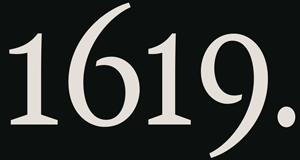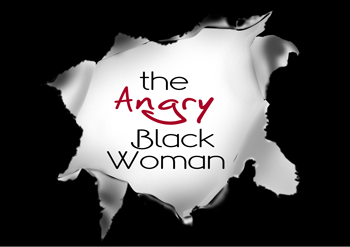the 1619 project

a challenge to reframe u.s. history
I will be honest, on the day that this special edition of the New York Times hit the shelves, I was calling, texting, tweeting and messaging EVERYBODY I knew to make sure I got a copy. I was so disappointed when all of them were either sold out or not available. I put out a final plea on Twitter and, low and behold, the kindness of a stranger who had an extra copy sent it to me . . . in Europe! (Hey You!!!)
When I received the package, I opened it like I was caring for a rare artifact. I barely wanted to touch it for fear that the oils from my hands would make the pages dissolve. So the gloves went on. My children were allowed to look at it, but not even think about touching any of the pages. This needed to be preserved for historical reasons. Here it was, a history I always knew existed, but never understood the details, right before me and I felt paralyzed. What would I do with this information? Would it alter my relationships? Would I read it, and like with the current news cycles, just curl up in my bed with the covers over my head? I resolved myself that no matter what, I was going to get through it. After all, this special issue was all about my ancestors, facing enormous injustices yet they managed to pull through and prosper.
Now, I must say, that since this issue came out, there has been some blow-back from other historians. Some get caught up in the details of dates, others had issues with the framing, and, I believe, some just didn't like that another version of history was being made available when they seemed pretty good with sticking with the old one. Either way, it has been a life changing experience for me, and I recommend that you absorb all that this project has to offer.
“The truth is that as much democracy as this nation has today, it has been born on the backs of black resistance...Black people have seen the worst of America, yet, somehow, we still believe in its best.” —Nikole Hannah-Jones
I could try to find the words to talk about her, this project, and the reframing of history, but I won't. I am going to let you hear her discuss this project, and it's birth, in her own words.
The day that this project went live, there was an event in New York where some of the contributors were there to talk about what they wrote. I drank enough coffee that day to make sure I did not miss a single second of what was being said. If you missed it, it's okay, you can watch it below. Mind you, it was a two hour event, so grab coffee, or whatever libation you need and get comfortable!
Watching this was powerful for me. Seeing this array of Black women and men, reciting their creations, giving us thought provoking poetry and prose, history on what my ancestors, Black ancestors were able to do. So much with so little, and yet, those who fear this history are doing everything they can to deny it. Trivialize it, or flat out ignore it. Facing history is hard work. Owning up to it and doing better for the future is true challenge we face as a nation.
You can listen to more of Nikole Hannah-Jones talking about the 1619 Project, choosing scools, and more on the Ezra Klein Show.
education is the first step
As an educator I firmly belive that we need to look at all of history, everywhere, in order to understand where we have been, where we are, and where we will go in the future. Are we going to repeat history? Or are we going to improve it?
When I teach, I have my students give presentations. I let them pick the topics as, if it is not interestesting to them, they will not deliver. Interestingly enough, ALL of my students end up picking topics about race and the United States. They look at everything from the Constitution, the Amendments, Capitol Punishment, gun violence, our Prison Industrial Complex, everything. They are both fascinated and confused at the same time regarding this experiment with democracy that we have created.
So I have used the 1619 Project to spark dialogue and conversations that they normally do not have and offering a perspective they usually do not get. You don't have to talk about this project solely in a school setting. I encourage you to use the materials for community, church, or civic engagements as well. The point is to have dialogue and increase our understanding of American history.
Here are a few resources for you:
You can listen to the limited series podcast of the 1619 Project where Nikole Hannah-Jones, along with authors and contributors to the project, discuss this part of history, the impact it has today, and the reason why we can't erase it.

Read the magazine!
If you missed the opportunity to grab your copy, you can download the full issue of The 1619 Project in The New York Times Magazine, from The Pulitzer Center who, in cooperation with The New York Times, has created The 1619 Project Curriculum. You can download a PDF of the full issue, reading guide, index of terms and events, lesson plans, and activities to extend engagement. They also have additional materials and guides for reading the essays and creative works in the magazine.
Alternatively, if you are like me, you may want to have all of this information neatly packaged in a single file. I have compiled a downloadable version of all of the resources offered by The Pulitzer Center. I have not modified them (yet), they are the original materials offered in opensource to the public. This is an option for those who may have unreliable or intermittent internet access or, for those who are overseas, who may be in a location where your access to the internet is restricted. You view the materials here or you can download the full issue and plans here.
While you are at The Pulitzer Center, have a look at all of the amazing resources that they have available and, maybe, think about donating to this wonderful resource. If you aree looking for inspiration on how to use the materials, or want to share what you are doing with other educators, you can do that here.
